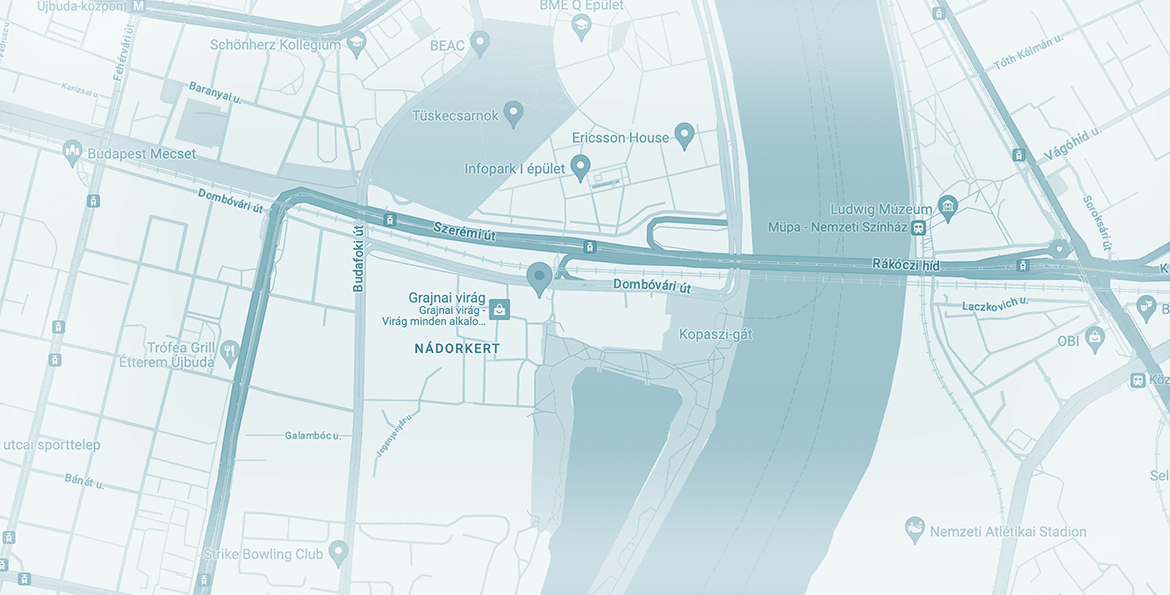
KATA alternatives for limited partnerships: TAO, KIVA, EKHO
While flat-rate taxation is a cost-effective alternative for self-employed KATA orphans from September, it is not available for limited partnerships. Instead, they may consider whether TAO, KIVA and/or EKHO are suitable alternatives for their company.
While flat-rate taxation is a cost-effective alternative for self-employed KATA orphans from September, it is not available for limited partnerships. Instead, they may consider whether TAO, KIVA and/or EKHO are suitable alternatives for their company.
Limited partnerships in Hungary
The limited partnership (“betéti társaság” or “BT”) in Hungary is a popular form of company for small businesses. Its main advantage is that there is no minimum share capital, unlike with the LLC (“KFT” in Hungarian), while it can also be set up in just a few days in a simplified procedure. Its main disadvantage, though, is that the general partner (“beltag”) is liable for any damage caused by the company to the full extent of their individual assets. In contrast, while the minimum share capital of an LLC is higher, HUF 3,000,000, owners are only liable for damages to the extent of the assets available to the company itself.
Up till September 2022, limited partnerships have been allowed to pay taxes under the KATA tax regime. Since most limited partnerships are indeed small businesses with just a few members and a low revenue, the KATA scheme has fit them perfectly. Normally, the general partner has been the managing director, who has also performed the work relevant for the operation of the company, and who has been required to pay only the monthly KATA contribution.
Taxes and contributions under corporate tax, EKHO, KIVA
Starting from September, limited partnerships will be excluded from KATA. By default, they will go under the regular corporate tax regime, meaning that they will be required to pay 9% on their profit in taxes. Moreover, as managing directors they will be required to pay contributions to receive healthcare and pension (social security contribution at 18.5% and social contribution tax at 13%) based on their monthly income, or at least based on the current minimum wage or guaranteed minimum salary, depending on their activity. Above that, there is a 15% dividend tax on any money you take as dividend from your company.
KATA orphan limited partnerships are also allowed to choose the KIVA tax regime instead of the regular corporate tax if their yearly revenue is under HUF 3 billion. In this structure, if there is only one managing director and no employees, only 10% is to be paid in taxes on the dividend taken every month instead of the normal corporate tax, to be adjusted at the end of the year (dividend tax itself is still 15%). At the same time, minimum contributions must still be paid monthly to cover healthcare and pension (at 18.5% for social security contribution on the current minimum wage or guaranteed minimum salary; social contribution is covered by the KIVA tax). While KIVA is by default more favorable for businesses where owners do not want to take too much dividend from the company, using most of the profit for future investments, KIVA might still be better than TAO. Check out our calculator to see the difference.
For certain professions, there is a third option available if their yearly revenue is under HUF 60 million: EKHO. This regime typically targets those who are involved in some kind of creative activity, such as graphic designers, musicians, make-up artists, or literary translators; the list also includes athletes and coaches. After paying minimum contributions based on the minimum wage, on the income above these minimum bases, only 15% is to be paid in taxes, which will cover the personal income tax and the social security contribution. The 13% social contribution tax does not apply to EKHO payments starting from September. Read more about EKHO here.
In each case, both incoming and outgoing payments must be logged properly to calculate the tax base.
Simplified liquidation
If none of the above options seems feasible for you, you can also choose to liquidate your limited partnership company and become self-employed with flat-rate taxation. While liquidation usually takes some time, thanks to a new regulation you can start your self-employed enterprise as soon as the liquidation procedure is initiated in order not to lose time and business while your company is being liquidated.
Helpers Finance can help you choose
To decide which tax regime suits you best, you must evaluate your expected turnover, both in terms of volume and regularity. You should also consider how much of the company’s revenue you intend to take as dividend, and how much you can invest in continued operation. Then you can calculate which structure would fit your operation the most. To help you with this, more and more calculators are becoming available, for example this one.
Helpers Finance has plenty of expertise with the operation of small and medium-sized companies in Hungary, supporting them with precise bookkeeping and expert tax advisory. Can we help you too? Contact us today, and let’s see how to make the most of your licensed partnership in Hungary.
Contact
Get in touch today
Monday - Friday
9am - 5pm CET
Helpers Finance Kft.
Budapart Gate
Dombóvári út 27
Budapest 1117, Hungary
If you’re visiting us, please use entrance A and come to the 2nd floor.



